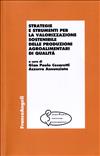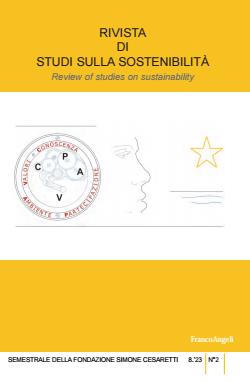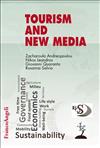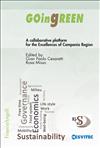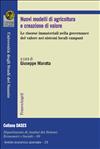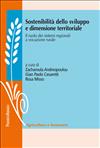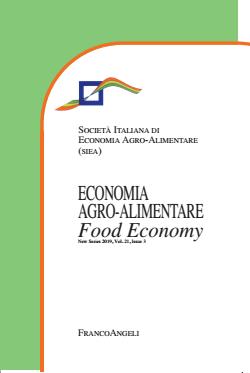Ecological Human Imprint (EHI) is a new index that is of important measure in cal-culating the human demands and impacts on our global environment. In this re-spect, the ecological human imprint is a function of all the parameters that interact between the power of ecosystem productivity and human interactions and activities on a particular ecosystem or the demand from that ecosystem. The present paper will cover and analyses the ecosystems’ productivity and the human demand from the ecosystems. It will produce comprehensive analyses in measuring the possibility of capabilities of the ecosystems to provide goods and services to the human beings on our planet Earth. Further, the paper will discuss the models that can be used in measuring the sustainability of ecosystem and in particular, water resources and what we should be doing to maintain the earth healthy ecosystems. In this respect, the paper will assess and introduce a comprehensive model called Ecological Human Imprint (EHI) and water resources change of US (EHI-WR-US) that can describe the status of our ecosystems’ productivities and the impacts of changing of water resources’ availability and human population within the USA Earth boundaries. Furthermore, the paper will provide some answers to the human issues in USA; water resources change impacts as the results of human activities. Further, the model will provide warning to the current trend in use and abuse of our natural ecosystems and what will be expecting from these ecosystems to provide the human needs in response to the current use of US ecosystems that exist. It is clear from the analysis of (EHI-WR-US) that the USA will reach 450 million people or more in the year 2050, and this will overload the ecosystems with heavy demands and consumptions for goods, and services that these ecosystems can produce or cannot produce for the next generations. It is expected that model will assess the impacts of the EHI of human population in US from ecological transfor-mation of land-use, and economic impacts, locally in US. From the analysis, the model predicted that the US biological capacity will be degrading to the extent that the ecosystems will not be able to support the growing populations, and there will be a shortage of food and other services. It is expected that the need will be about twice the land of current land of US to meet the demands from our ecosystems to support the growing population and their life style. In this model, we used Stella Software to predict the impacts of the EHI for the next century and what we should expect beyond quantitatively. The model developed on relaxed assumption, mod-erate assumption and conservative assumption of human population growth and in consequence, the US EHI biological capacity with all its components, including energy and impacts of climate change that affects the water resources and on the natural resources and availability of cycling natural resource. Accordingly, the warming and related climate changes proceed more rapidly than generally expected before. Weather extremes can cause unsustainable summer heat along with lack of water, fire causing vegetation to burn and will allow loss of forest vegetation. This will end of the destruction and loss of available food and in consequence, the famine and human death. The paper will conclude and set up several recommendations to avoid irreversible impacts of human beings on the ecosystems and our global environment, including the impact of climate change and in consequence, the water resources and finally the sustainability of our ecosystems
